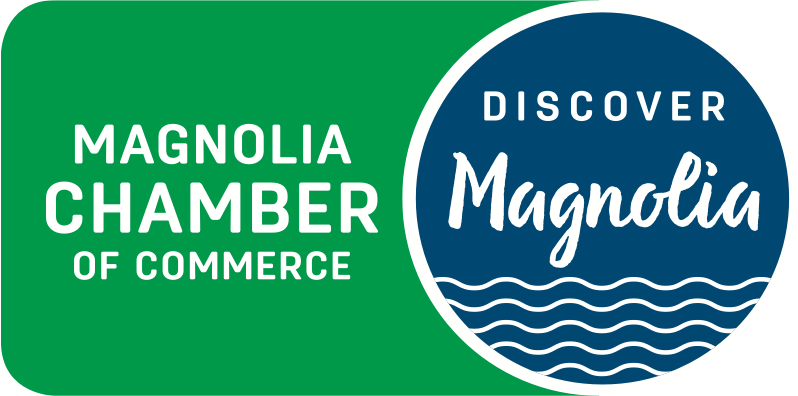April 21, 2024, per the Magnolia Community Council
Three quick action steps and information Magnolia needs to know!
Dear Neighbors,
The draft Move Seattle Levy renewal proposes $218M for Seattle’s Bridges. The Magnolia Bridge is a “candidate bridge” among their list of five bridges for “structural repairs”, and there is also a proposed funding category of “early design of five structures to seek funding partnerships for replacement.”
The Magnolia Community Council welcomes its dedicated funding stream for what we know to be aging infrastructures such as the Magnolia and Ballard Bridges.
MCC is seeking more details in addition to the general themes of the draft proposal, particularly if and how the City is planning to leverage governmental grants and partnerships to move the Ballard-Interbay corridor work forward, leading to the 1:1 replacement of the Magnolia Bridge. There will be more opportunities for input to the final draft, and we advocate commenting early and often.
In the meantime, there are three easy actions to help the neighborhood:
- Complete the short Transportation Questionnaire (Deadline Friday, April 26th). Page one surveys bike and pedestrian improvements, Page two surveys road conditions, freight, and transit, and Page three concerns transit connections (east-west, light rail), electric vehicles, and expanding local input for street projects.
- Send a message to SDOT Join the upcoming community events, and mention the Magnolia Bridge, at the Ballard Farmer’s Market on Sunday, April 21, from 10:00 a.m. to 2:00 p.m.
- Please send an email to Magnolia’s Seattle Council members, CM Dan Strauss and CM Bob Kettle, about the Move Seattle Levy proposal. Suggested language from the Magnolia Community Council are accessed by clicking on links.
- The Magnolia Community Council appreciates your support of this important initiative and can be contacted for additional information by contacting the Magnolia Community Council here.







